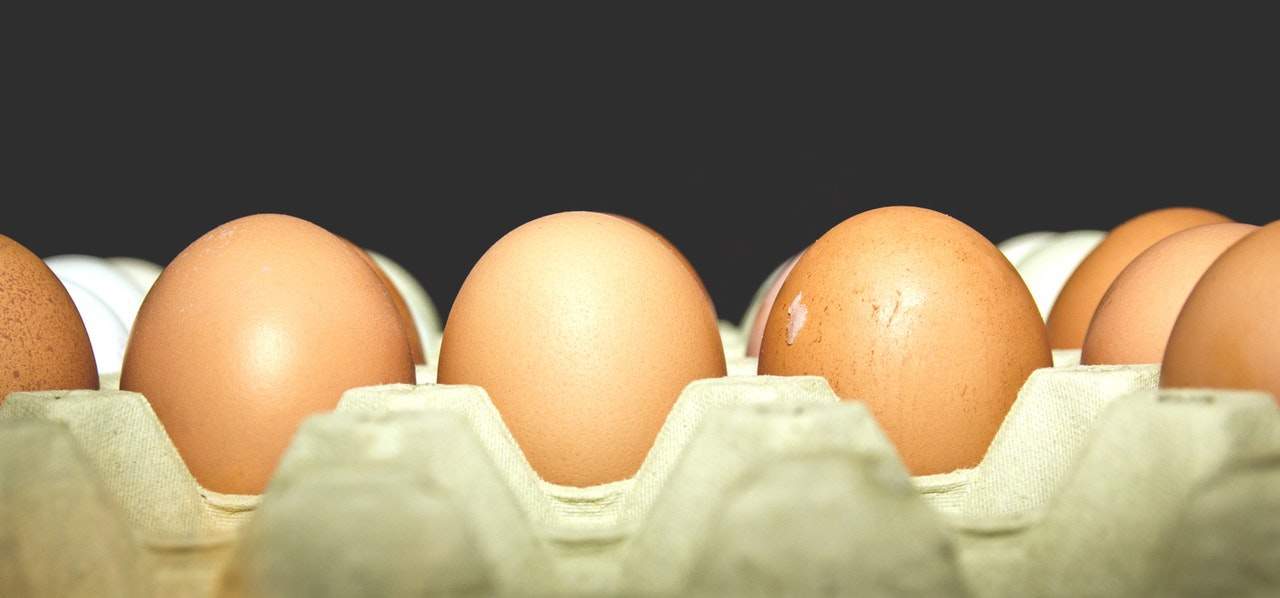
The Co-op will become the first major UK retailer to sell food after its “best before” date in an attempt to cut food waste.
The supermarket’s 125 stores in East Anglia will sell dried foods such as pasta, crisps, confectionery, cereal and rice as well as tinned products for 10p once they reach their best before date.
Roger Grosvenor, the company’s joint chief executive and head of its retail division, said:
During our trial we found our 10p items went within hours of being reduced, sometimes quicker. The vast majority of our customers understand they are fine to eat and appreciate the opportunity to make a significant saving on some of their favourite products. This is not a money-making exercise, but a sensible move to reduce food waste and keep edible food in the food chain.
The UK throws away 7.3m tonnes of food every year, according to the Food Standards Agency (FSA).
Why do we have best before dates?
Co-op’s scheme applies to foods with best before dates, not to perishable foods, which carry a use by date indicating when a product is safe to eat.
How well do you really know your competitors?
Access the most comprehensive Company Profiles on the market, powered by GlobalData. Save hours of research. Gain competitive edge.

Thank you!
Your download email will arrive shortly
Not ready to buy yet? Download a free sample
We are confident about the unique quality of our Company Profiles. However, we want you to make the most beneficial decision for your business, so we offer a free sample that you can download by submitting the below form
By GlobalDataBest before dates first appeared on foods in UK supermarkets in the 1990s, almost 20 years after use-by dates first appeared on the shelves in M&S.
Best before dates are about quality, not safety. When the date has passed, the food is not harmful to consume, but it might have lost some of its flavour and texture.
One exception is eggs, which should not be eaten after their “best-before” date because they can contain salmonella bacteria, which could multiply, according to the FSA.
In November 2015, Liz Truss, the chief secretary to the treasury admitted that she regularly eats food that is past its “best before” date.
“I will just see if it [the food] smells OK and eat it. Absolutely,” she said at the time. “I’m of the school that if the cheese has got mould on it just cut the end off and eat the rest of the cheese.”
Oli Watts, of the East of England Co-op, said that he wants more consumers to understand that they don’t have to worry about eating food after its best before date:
We want our members and customers to enjoy their food, confident in the knowledge that products past their best before date are safe to eat and that they are contributing towards reducing unnecessary food waste.
Do other countries use best before dates?
The European Union (EU) requires that all packaged foods sold in its 27 member states have a best before date.
In the US, New Zealand and Australia, best before dates also appear on packaged foods.
In Japan, products with a long shelf life, including potato chips, instant noodles and tinned foods display the words “shōmi kigen,” which translates to best by.







